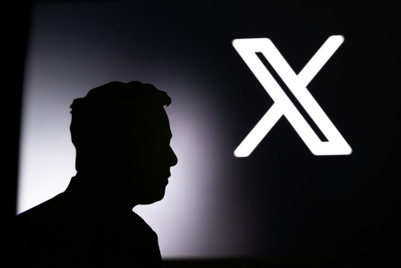
At a WARC event on creating an effective campaign in Asia, Wigley said the degree to which the industry is “enthralled” by testing methods, such as LINK, is becoming a problem.
He said these testing methods are resulting in work across “innumerable FMCG categories” that looks and feels the same.
“With everyone using the same singular testing methodology all the work get pumped through exactly the same system," Wigley said. "The problem is that that methodology is driving more similarities and differentiation gets harder and harder.”
Wigley also warned that a lot of creatives in Asia are “still following Western award trends”. He said this would be a key issue going forward in terms of the quality and effectiveness of work coming out of Asia.
He said while agencies in North Europe and America strive for cleverness in campaigns “above all else”, the best work in Asia should “talk to the heart” of consumers.
“Emotional campaigns are likely to be far more powerful in Asia than in the West. There are cultural factors around that in terms of the importance of peoples’ relationships and the importance of social recognition.
“Some markets of Asia have clearly found their voice: Japan, India, Thailand and Singapore. Has China yet? I’m not sure it has. But when China finds what a properly Chinese voice is then I think that’s going to be quite explosive.”
Tim Broadbent , global effectiveness director at Ogilvy, added that a more emotive message results in a more more powerful appeal.
He said, “Creative campaigns tend to be shared more because they are surprising, unexpected and often funny. And they therefore build up greater coverage than the media spend would suggest. So you get a more powerful appeal, spread more easily.”


.jpg&h=334&w=500&q=100&v=20250320&c=1)


.png&h=334&w=500&q=100&v=20250320&c=1)

.jpg&h=334&w=500&q=100&v=20250320&c=1)
.png&h=334&w=500&q=100&v=20250320&c=1)
.png&h=334&w=500&q=100&v=20250320&c=1)

.png&h=334&w=500&q=100&v=20250320&c=1)

.jpg&h=268&w=401&q=100&v=20250320&c=1)



.png&h=268&w=401&q=100&v=20250320&c=1)
.jpg&h=268&w=401&q=100&v=20250320&c=1)
